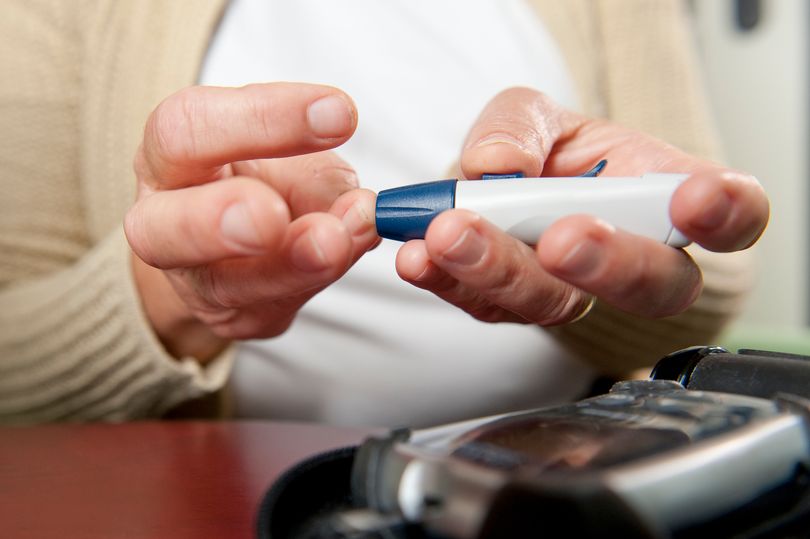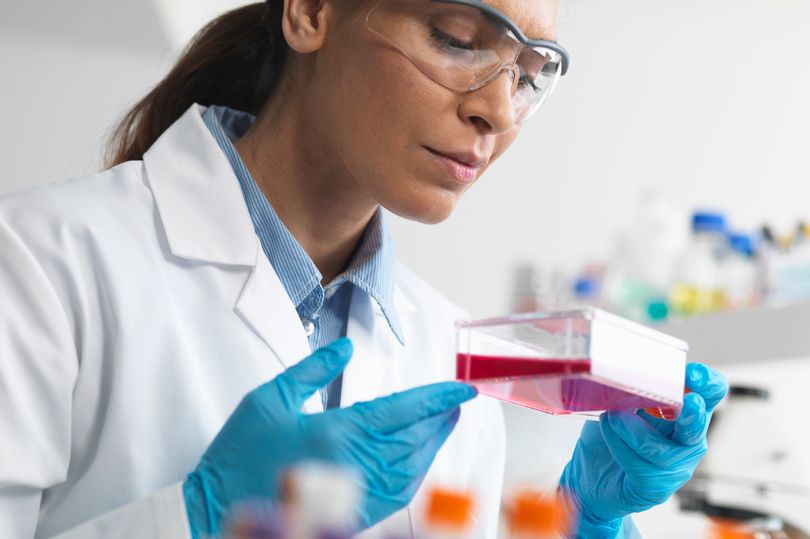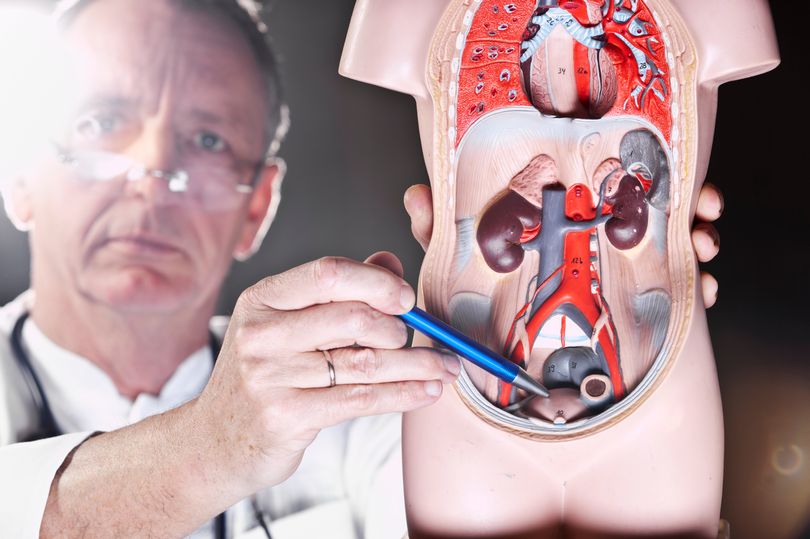Nature or nurture – which is it that causes depression? Well, genes certainly play a part. If your parents have been depressed, the chances of you getting depressed are greatly increased. At some point in our lives about one in … Read More
Early menopause raises risk of early diabetes
An early menopause used to be a rarity, now it’s not. Why? The average age for the start of the menopause is 51 but we now know thousands of women lose their oestrogen much earlier than that, as early as … Read More
How injecting tiny sponges will relieve the pain and misery of rheumatoid arthritis
Rheumatoid arthritis (RA) is a particularly painful form of the disease where the body produces antibodies to its own joints. But there is hope for sufferers. In the not-too distant future, the pain, stiffness and destruction of joints caused by the condition … Read More
Renaming harmless cancers makes sense
A reader recently asked me to explain what’s meant by overdiagnosis. I wasn’t surprised because it (and overtreatment) is the buzz word of the moment in medical circles. For the avoidance of doubt here’s the definition of overdiagnosis. It’s the … Read More
New hope for fatal muscle flaw in boys
The most common fatal genetic disorder in children is Duchenne muscular dystrophy (DMD), the muscle-weakening condition affecting as many as one in 3,500 boys worldwide. “Children with DMD often die either because their heart loses the strength to pump, or … Read More
Did you know most of us are low in iron?
Anaemia literally means too little blood — or rather, too little healthy blood. The most common type is iron-deficiency anaemia which lowers the amount of iron in red blood cells. That iron, or “haem”, gives the red colour to red … Read More
Full-fat cheese can CUT your cholesterol
Cheese contains lots of calories, right? So you shouldn’t eat too much of it, right? Wrong. Would you believe eating half a 250g block of full-fat cheese a day lowers a person’s “bad” cholesterol to a level lower than if … Read More
Detection of cancer could be personalised down to the individual tumour
The ever-changing nature of cancers, which often evolve to be drug-resistant, is one of the biggest challenges in treating them. However, a new AI technique could enable doctors to predict how cancer cells will mutate and so allow patients to … Read More
New option for those with prostate issues
Prostate cancer is regularly in the news as advances in treatment are discovered, and so it should be. However, it’s cousin, BPH, or to give it its full name, benign prostatic hypertrophy, is more common and more easily treated. It … Read More
A stroke can DOUBLE the risk of dementia
As though suffering a stroke isn’t bad enough, a new study has shown that people who survive one are twice as likely to develop dementia. Data from 3.2 million people – the largest study ever done on stroke and dementia … Read More
- Page 1 of 2
- 1
- 2










